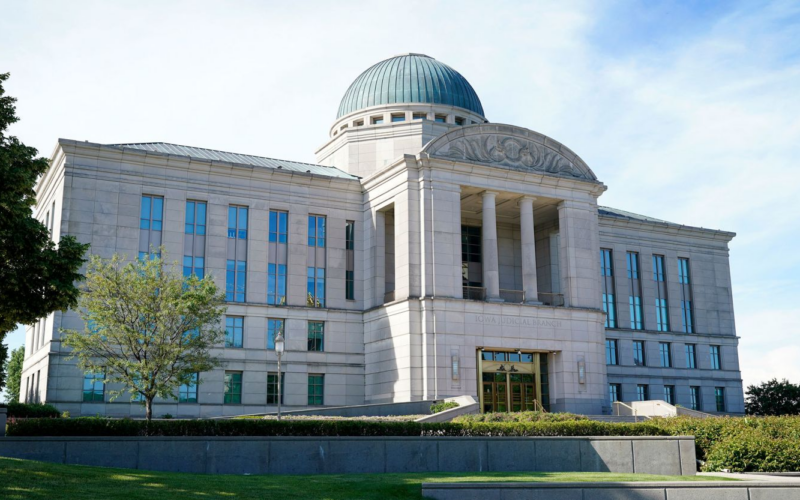Iowa’s highest court has upheld a controversial law that allows the state to enforce a ban on most abortions after approximately six weeks of pregnancy, marking a significant legal and social development in the ongoing debate over reproductive rights.
The law, passed by the state legislature in July 2023, prohibits abortions after the detection of early signs of cardiac activity in a fetus or embryo, typically occurring around six weeks into pregnancy. However, the legislation includes exceptions for cases of rape, incest, fetal abnormalities, and when the mother’s life is in danger.
On Friday, the Iowa Supreme Court issued a 4-3 ruling to reject a lawsuit filed by Planned Parenthood challenging the law. The majority opinion, penned by Justice Matthew McDermott, argued that the legislation was constitutionally sound under Iowa’s legal framework, asserting that laws restricting abortion are only unconstitutional if they lack a “rational basis.”
Justice McDermott emphasized that the law was “rationally related to the state’s legitimate interest in protecting unborn life,” aligning with the state’s stance on fetal rights.
Chief Justice Susan Christensen, in her dissenting opinion, criticized the majority for disregarding women’s bodily autonomy and accused them of relying on outdated, male-dominated perspectives from the 1800s. She argued that the decision overlooked the progress made in women’s rights since then.
Governor Kim Reynolds, a proponent of the law who signed it in 2023, expressed support for the court’s decision. In a statement, she underscored the sanctity of life and praised the court for upholding “the will of the people of Iowa.”
Previously, Iowa restricted abortions after 20 weeks of pregnancy. The recent ruling places Iowa among a growing number of states tightening abortion laws following the U.S. Supreme Court’s decision to allow more state autonomy in regulating abortion since overturning the 1973 Roe v Wade decision.
As of June, the Guttmacher Institute reports that 14 U.S. states have implemented total bans on abortion, including Alabama, Kentucky, Louisiana, and Texas, reflecting a broader trend of varying abortion restrictions across the country.
The decision by Iowa’s Supreme Court is expected to have profound implications for reproductive rights advocacy and legal challenges in the state, setting a precedent for future legislative and judicial actions surrounding abortion laws in Iowa and potentially beyond.








